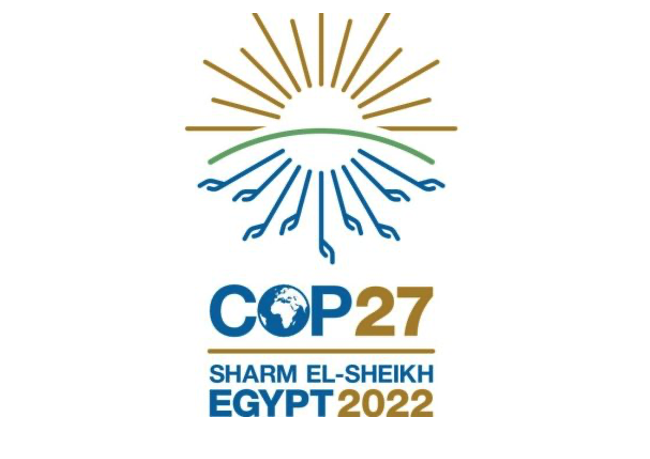- As the final outcomes of UN Climate Talks in Egypt (COP27) are announced at the break of dawn, the text paves the way for the continued expansion of fossil fuels and increased climate impacts, says 350.org.
This was supposed to be the ‘Africa COP’, aka: the ‘implementation COP’ but heavily influenced by the fossil fuel industry, the Egyptian Presidency alongside the US, the EU, China, Gulf countries and Japan, and others have failed to deliver.
The final text references the science, the findings of the Intergovernmental Panel on Climate Change (IPCC), and reaffirms the 1.5C target, and includes language on renewable energy and just transitions. However, it goes on to undermine them by failing to include a just and equitable phase out of all fossil fuels.
In a significant breakthrough rich countries have acknowledged the need for a response fund for loss and damage for developing countries. This is testament to the leadership of impacted countries and civil society, who have stood firm on this critical issue of climate justice. However, the failure of the text to include critical language to phase out of fossil fuels threatens these gains. Continued use of fossil fuels will further fuel climate change and lead to increased losses and damages.
Although the COP saw major coal, oil and gas producers including the EU, UK, US and India, follow the lead of countries like Tuvalu, and endorse the calls to phase out fossil fuels – thanks to civil society at home, and in Sharm El-Sheikh, this ambition was thwarted by the influence of the fossil fuel industry.
There has been progress outside of the UN framework, with countries including Kenya, Fiji, Tuvalu and Chile, showing commitments to a phase out of fossil fuels by becoming friends of the Beyond Oil and Gas Alliance. Further hope comes from Latin America, with Colombia showing leadership and political will in calling for finance for a just energy transition, and with president-elect Luiz Inácio Lula da Silva, Brazil’s return to the climate negotiations. Concurrent with the COP talks, the G20 in Bali, Indonesia, recognised the need to rapidly reduce fossil fuel use to meet the 2030 global climate goals.
At this COP, activists from across the world reaffirmed that the climate crisis is a human rights issue. Working together, Indigenous groups, frontline communities, gender and women’s groups, disability networks and human rights activists from across the world, made clear that climate and environmental justice is not possible without social justice. The global climate movement will continue to take a lead: telling stories of resilience, exposing the lies of the fossil fuel industry and fighting for real, just and accessible solutions.
Author: Bryan Groenendaal
Source: 350.org















